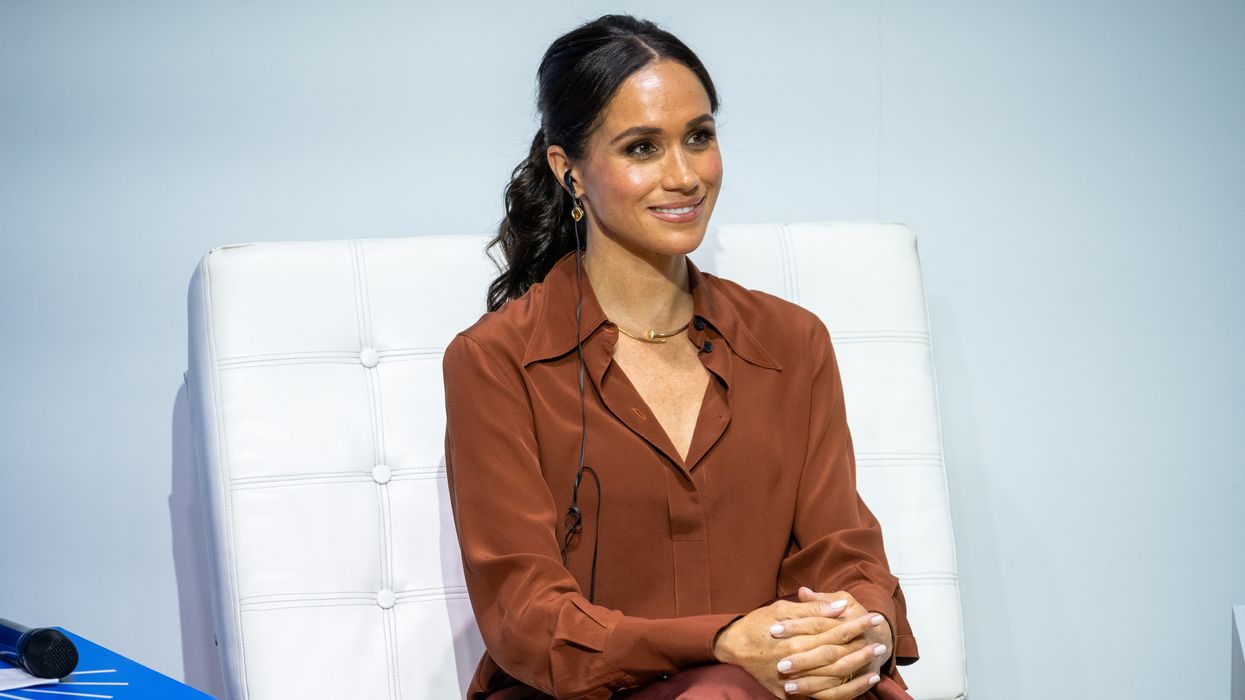The Duchess of Sussex has spoken publicly about a serious health scare she experienced after giving birth, revealing she suffered from post-partum pre-eclampsia.
Speaking on the first episode of her new podcast, Confessions of a Female Founder, Meghan described the condition as both "rare" and "scary", admitting she managed the situation privately without the public being aware. She did not specify whether the diagnosis came after the birth of her son Archie, now five, or her daughter Lilibet, aged three.
According to NHS guidelines, pre-eclampsia can affect women during pregnancy or shortly after delivery. Early symptoms typically include high blood pressure and can lead to severe complications if untreated.
"It's so rare. And it's so scary," Meghan said during the recording. "You're still trying to juggle everything, and the world doesn't know what's happening. Quietly, you're still trying to show up for people. Mostly, you're trying to show up for your children."
She described the experience as a "huge medical scare", underlining the emotional and physical demands she faced in silence.
Meghan’s guest on the podcast, Whitney Wolfe Herd — founder of the dating platform Bumble — also shared her experience with the condition. Herd said it was "life or death, truly" and recalled the intense media attention Meghan faced following the birth of Archie. "I'll never forget the image of you after having Archie, with the whole world waiting for his debut," she told Meghan.
During the episode, Meghan also discussed the challenge of balancing motherhood with professional commitments. She explained that much of her work is conducted from home, allowing her to be present for her children's daily routines.
"I don't leave the house to go to an office; my office is here," Meghan said. She added that her daughter Lilibet, who attends preschool for half days, often joins her in meetings when she wakes from her naps.
"If she wakes up and wants to find me, she knows where I am — even if my office door is closed. She'll sit on my lap during meetings, right there with a grid of executives on the screen," Meghan shared.
Despite the challenges, Meghan insisted she embraces the juggle between work and motherhood. "I wouldn't have it any other way. I don't want to miss pick-up if I don't have to. I don't want to miss drop-off."
The launch of Confessions of a Female Founder marks Meghan's return to podcasting after her previous series, Archetypes, which was released through Spotify but received mixed reviews. Her latest project is produced in collaboration with Lemonada Media and focuses on candid conversations with women about entrepreneurship, motherhood, and leadership.
Meghan is also juggling several other ventures, including a new Netflix lifestyle series, With Love, Meghan, and the launch of her lifestyle brand American Riviera Orchard.
In the podcast, she reflected on how parenting and building a business often mirror each other, requiring patience and perspective. "You're building something while your child is going through potty training," she joked. "Both are equally important. In my world, it's high value. In Lilibet's world, it’s high value too."





